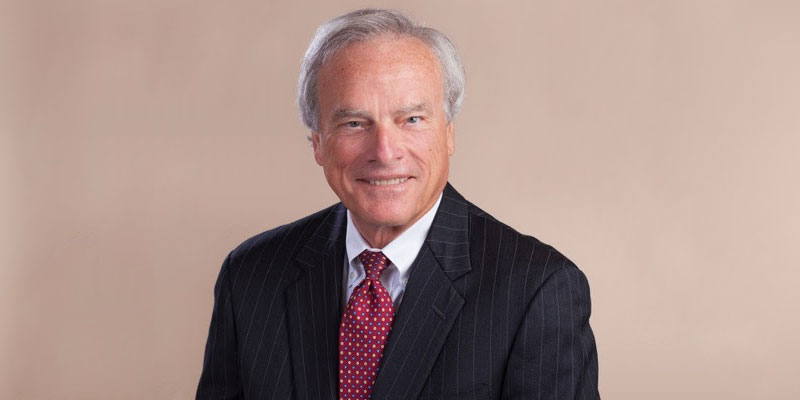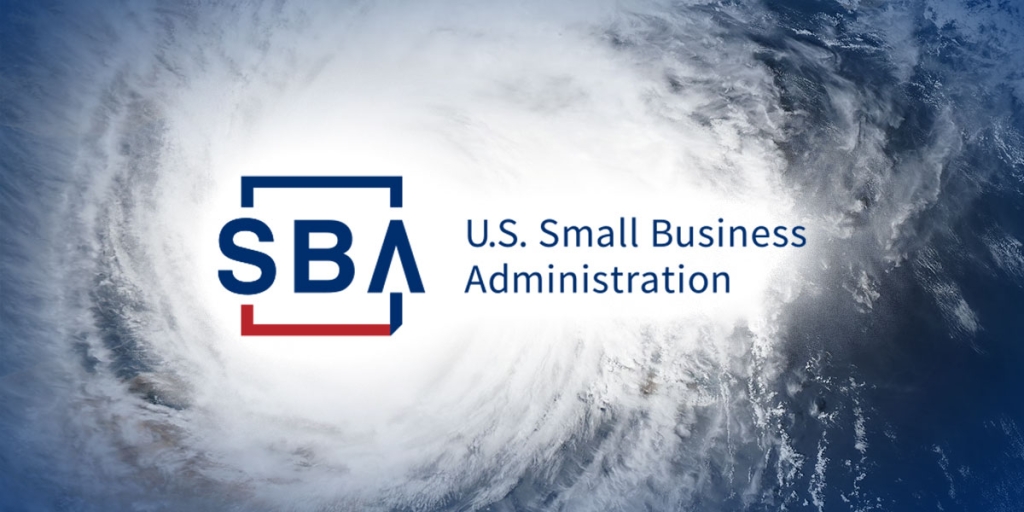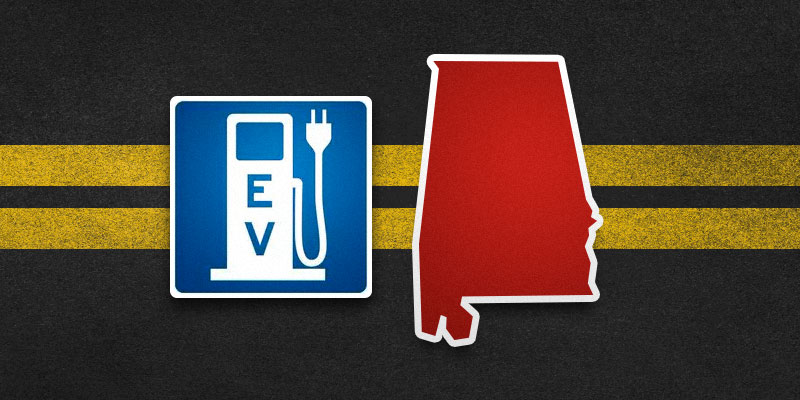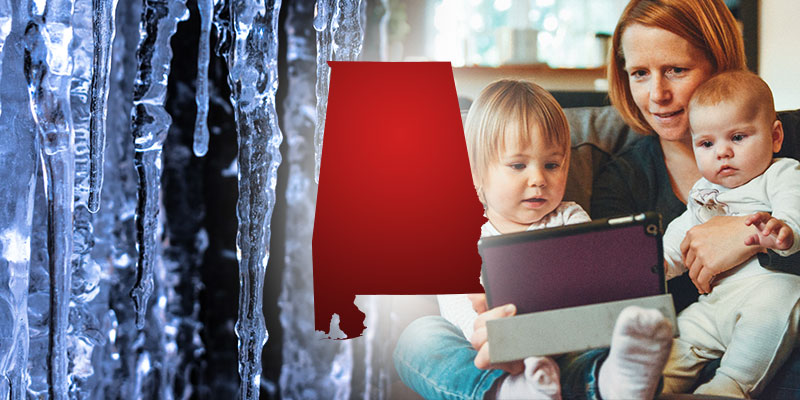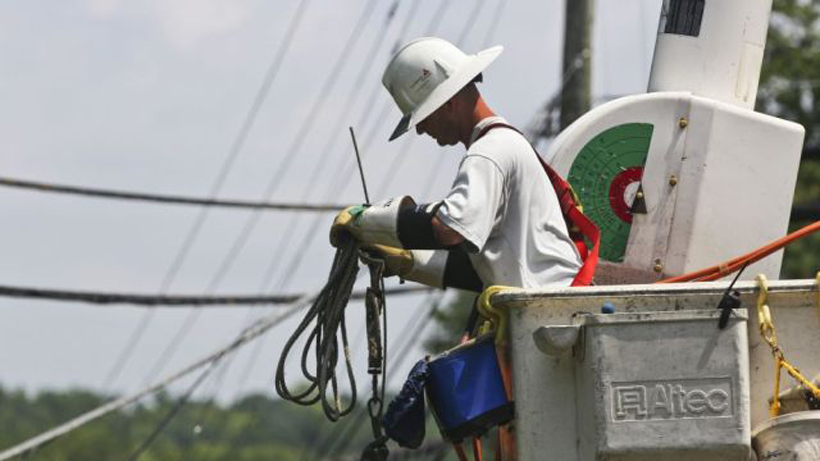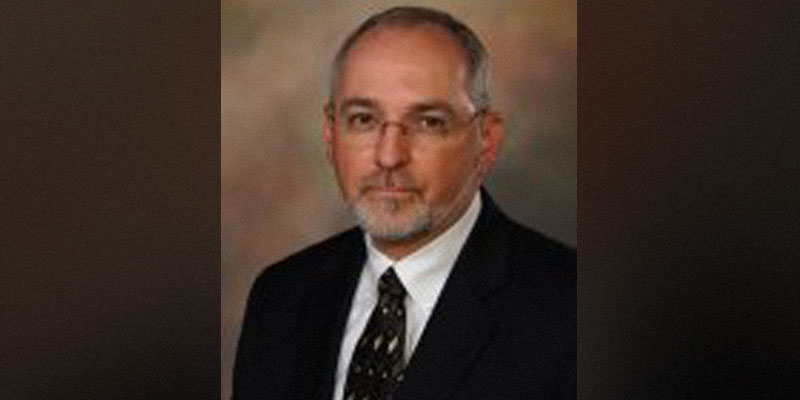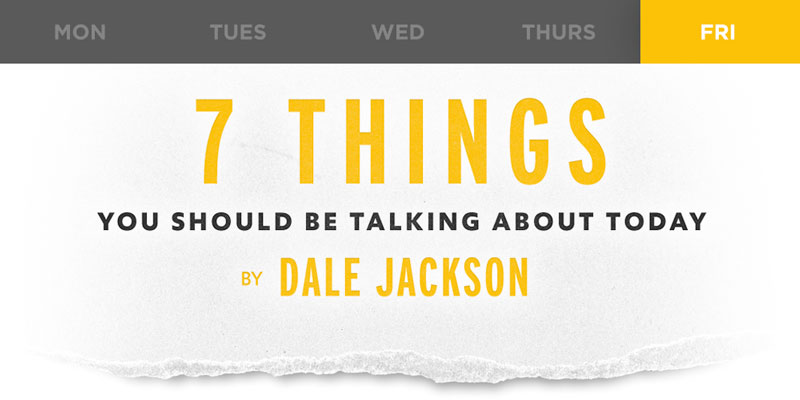I love an analogy – especially when it’s flawed.
A recent opinion column on solar energy in the Montgomery Advertiser leads with an analogy so full of holes that it resembles Swiss cheese. It claims that the reasonable fee charged by Alabama Power to rooftop solar customers, who also want power from the utility, is like the government charging you a tax on fruit you grow in your own backyard. If you have a backyard – whether you grow fruit or not – you do pay a tax in the form of property tax, and that tax provides the infrastructure and services to support your backyard and your neighbors’ backyards.
So, let’s use this analogy: If you don’t pay your taxes, it’s like picking a peach from your neighbor’s tree without permission. Your neighbor pays for police and fire protection, roads, schools and other essential services while you benefit from the same services for free. It’s not free. The same is true for rooftop solar users who want all the benefits of utility-provided electricity when they can’t generate their own. Unless they pay their share of the infrastructure costs to provide that electricity – just as every other residential customer does – they are relying on their neighbors to provide it for them.
Another statement in the column claims that every Alabamian can generate energy cheaper and cleaner by installing solar panels on their roofs. That is simply untrue because there is an important word omitted and that word is “some.” Alabamians can generate some energy through solar and it can be somewhat cheaper and somewhat cleaner. The reality is that solar power is generated only when the sun shines and that is when most Alabamians are not at home using power. During peak demand times – morning and evenings – there is usually insufficient sunlight to meet energy demands.
The author of the column falsely states that fees for rooftop solar customers punish those who want to provide their own power. In fact, without solar customers paying their fair share of the cost to provide power – a cost that every other utility customer pays – it is non-solar customers who would be punished by covering those costs for non-paying solar customers.
There are other disputable facts in the column and all are aimed at swaying the vote of the Public Service Commission. The Energy Institute of Alabama was created to promote reliable, affordable and clean energy. As part of that mission, we strive to bring clarity and balance to such one-sided, misleading information.
For the foreseeable future, solar will be a form of energy generation that can be used by some Alabamians to provide some of their energy needs. But, solar is not likely to be cheaper with or without grid fees. There will continue to be a large demand for traditional energy generation through a mix of natural gas, hydroelectric, coal, nuclear, and solar. Most solar customers will need to rely upon traditional energy generation to meet their everyday needs. Providing that reliable, affordable, and clean energy comes at a cost to everyone – including those who use solar.
Let’s sum it up by agreeing with the author’s plea in the column’s title: Give Alabamians the freedom of solar choice. The choice is there and always has been. But with choice comes financial responsibility and the financial responsibility for having access to power generated by the local utility company should rest with the customer who needs power – not their neighbors.
Seth Hammett is Chairman of the Energy Institute of Alabama.




